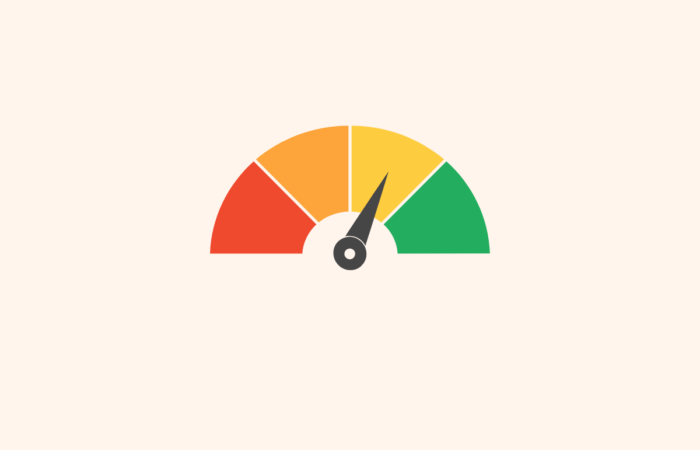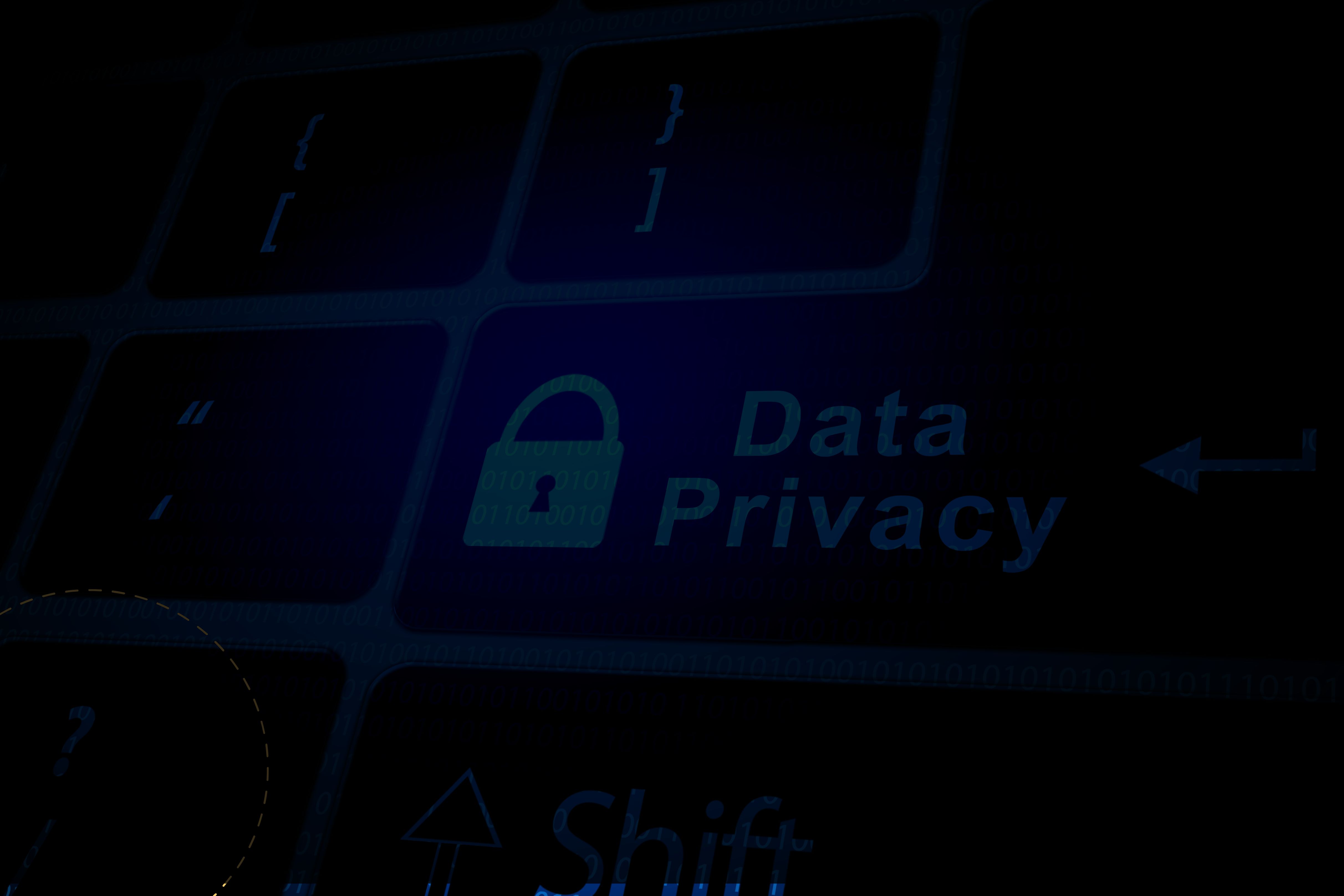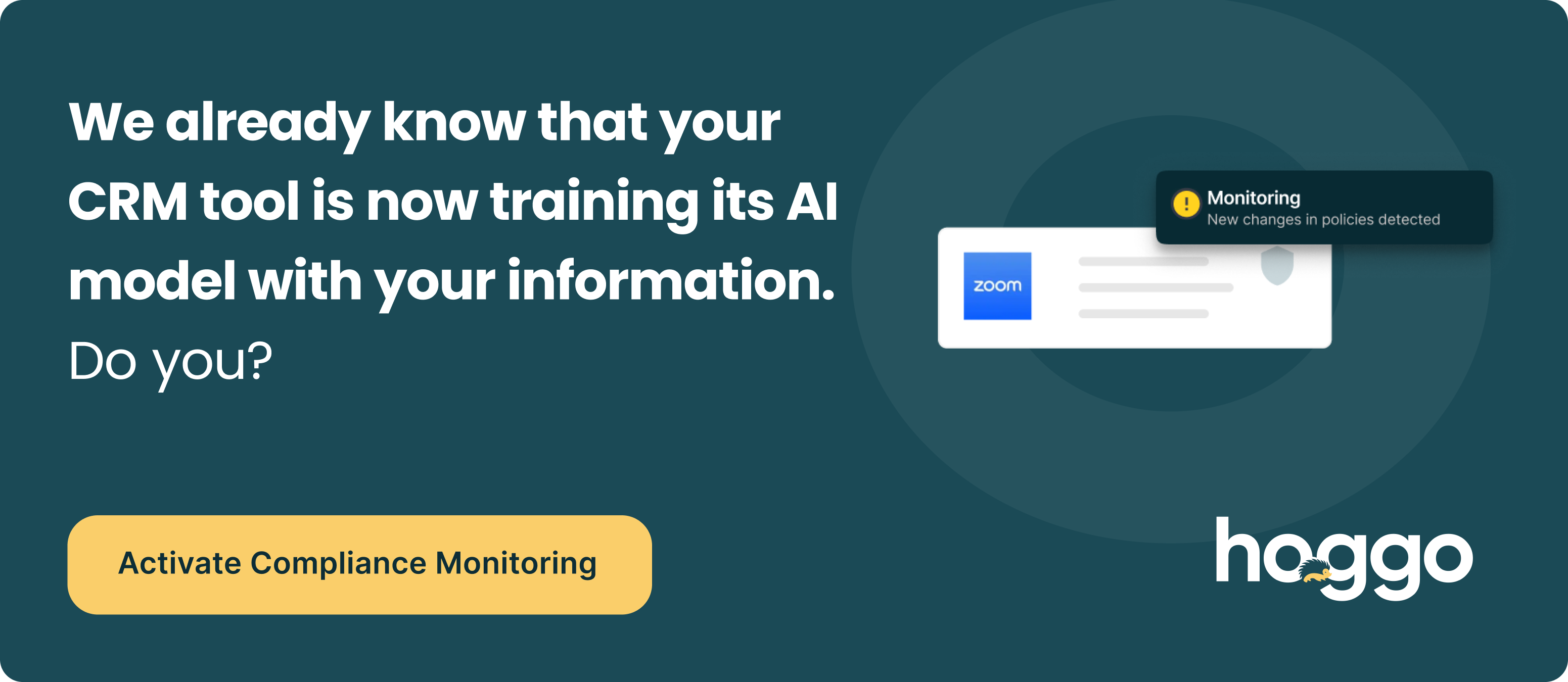Table of Contents
Having to manage customer, employee, or stakeholder personal data is an integral part of many businesses, but it comes with its share of risks and consequences.
A business that does not approach data processing with all due care risks data breaches, cyber threats, loss of reputation, loss of business opportunities, financial and operational risks, and legal liabilities.
For this reason, if your business processes personal data, it needs someone to champion its data processing activities. That champion is the data protection officer or DPO.
What is a Data Protection Officer (DPO)?
A Data Protection Officer (DPO) is responsible for ensuring that an organization processes personal data in accordance with applicable data protection laws.
To avoid conflicts of interest, the Data Protection Officer should be independent from other roles and departments, including upper management, in order to promote data protection and privacy practices within an organization.
The Role and Responsibilities of a Data Protection Officer (DPO)
The crucial role of a DPO is to ensure the organization’s compliance with data protection regulations.
Specifically, the following regulations require organizations to appoint a data protection officer:
- General Data Protection Regulation (GDPR) – EU
- California Consumer Privacy Act (CCPA) – USA
- UK General Data Protection Regulation (UK GDPR) – UK
- Personal Data Protection Act (PDPA) – Thailand
- Protection of Personal Information Act (POPIA) – South Africa
- Israel Privacy Protection Law (As of 2025)
- And others.
📝 This article will primarily focus on the meaning of DPO from the perspective of the EU’s GDPR.
The Key Responsibilities Of a Data Protection Officer
From documentation to decision-making, the DPO has a lot on their plate. Some of their main duties include:
- Monitoring the organization’s data processing activities
Data protection officers are primarily responsible for ensuring that the organization processes its customers, employees, and other personal data in compliance with applicable laws.This makes a DPO responsible for overseeing an organization’s data protection strategy and ensuring all departments implement it.
- Data Protection Impact Assessment (DPIA)
A Data Protection Impact Assessment (DPIA) is used to identify and manage potential risks related to data processing activities.
A data protection officer is crucial in monitoring DPIAs and ensuring they are effective. - Data breach handling
The DPO is the first responder in case of a data breach.They are the one who notifies the affected individuals and relevant authorities about the breach and make sure to contain and manage the incident.
They are also responsible for ensuring appropriate measures are taken and developing breach response strategies.
- Employee training and awareness
The data protection officer also raises awareness of data protection among employees and ensures that the staff understands its importance and their role in it.Additionally, a DPO is responsible for training through educational material, courses, or other training methods.
- Record-keeping
The DPO also keeps relevant and comprehensive records of processing activities (RoPA) and documents any organization-wide compliance efforts. - Point-of-contact
A DPO serves as a point of contact with data subjects and answers their questions and concerns about the personal data the organization collects and processes. In that regard, the DPO is responsible for responding to data subject requests (DSR) promptly (one month under GDPR)
Also, a data protection officer is a liaison for data protection authorities (DPAs) and cooperates with them on data processing issues when required. - Advisor
Finally, the DPO advises data controllers and processors concerning their data protection laws and obligations and guides the development and implementation of their data protection policies and procedures.
Does Your Business Require a Data Protection Officer (DPO)?
Many organizations are unsure if they require a DPO among their ranks. One common misconception, for instance, is that only larger organizations need a data protection officer.
The size of a company, however, does not affect whether or not you need to appoint a DPO, nor the fact that you’re a data controller or a data processor.
Instead, according to the European Commission:
“Your company/organization needs to appoint a DPO, whether it’s a controller or a processor if its core activities involve the processing of sensitive data on a large scale or involve large scale, regular and systematic monitoring of individuals.”
For instance, banks and financial institutions that process customer financial data require a DPO, but a consultancy firm that only processes data for internal use does not.
Furthermore, the EU’s GDPR states in Article 37 (1) that:
“The controller and the processor shall designate a data protection officer in any case where:
- The processing is carried out by a public authority or body, except for courts acting in their judicial capacity,
- The core activities of the controller or the processor consist of processing operations which, by virtue of their nature, their scope, and/or their purposes, require regular and systematic monitoring of data subjects on a large scale or
- The core activities of the controller or the processor consist of processing on a large scale of special categories of data pursuant to Article 9 or personal data relating to criminal convictions and offenses referred to in Article 10.”
Recap
A data protection officer is more than just a regulatory requirement. They are an important strategic asset for the company, pivotal in ensuring compliance and safeguarding data across the organization, and essential for contributing to its reputation.

Noa Kahalon
Noa is a certified CIPM, CIPP/E, and a Fellow of Information Privacy (FIP) from the IAPP. Her background consists of marketing, project management, operations, and law. She is the co-founder and COO of hoggo, an AI-driven Digital Governance platform that allows legal and compliance teams connect, monitor, and automate digital governance across all business workflows.
- Noa Kahalon#molongui-disabled-link
- Noa Kahalon#molongui-disabled-link
- Noa Kahalon#molongui-disabled-link
- Noa Kahalon#molongui-disabled-link





